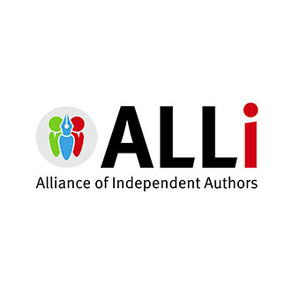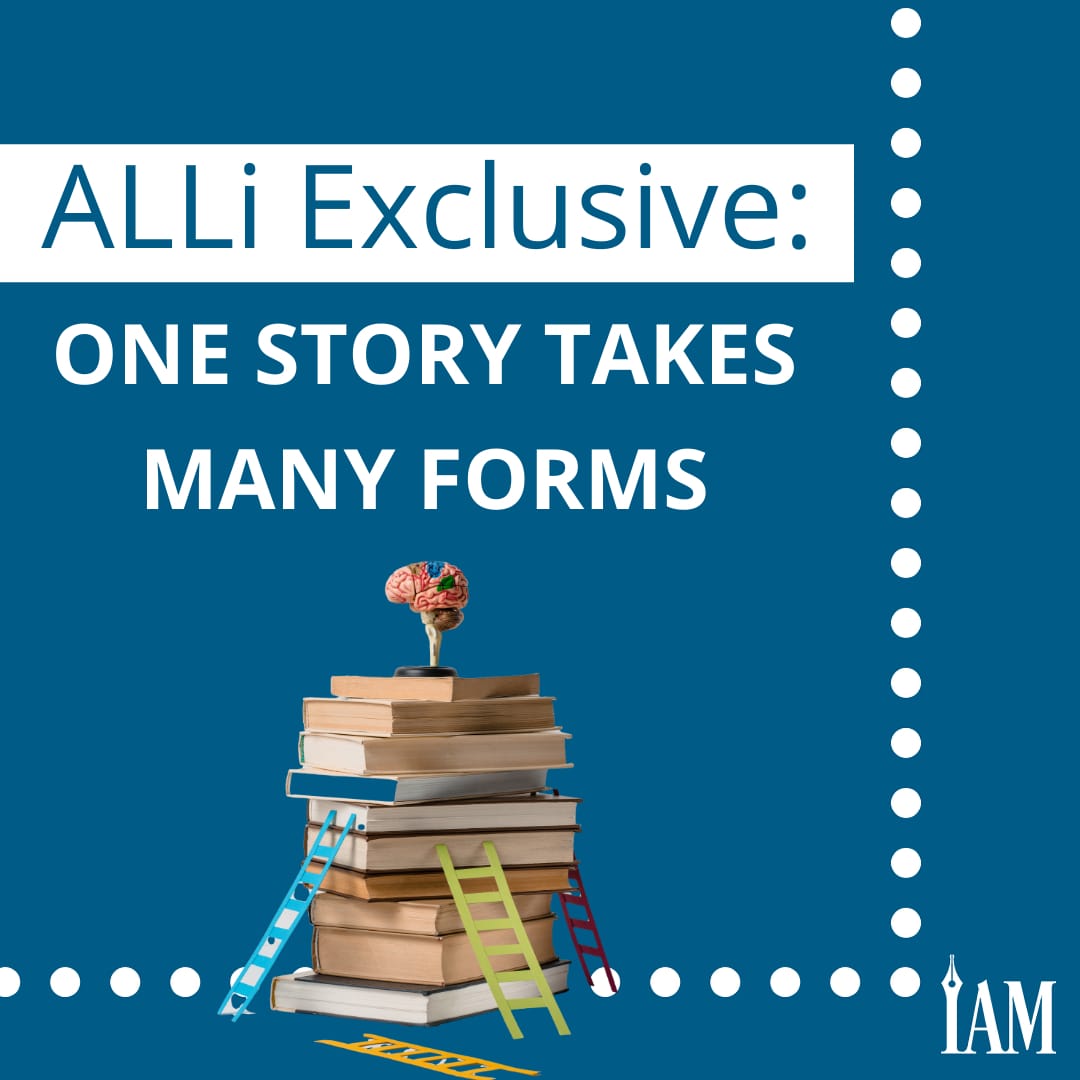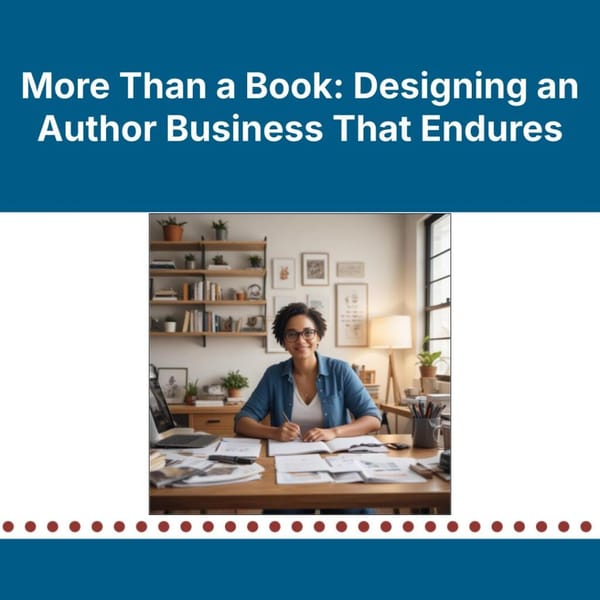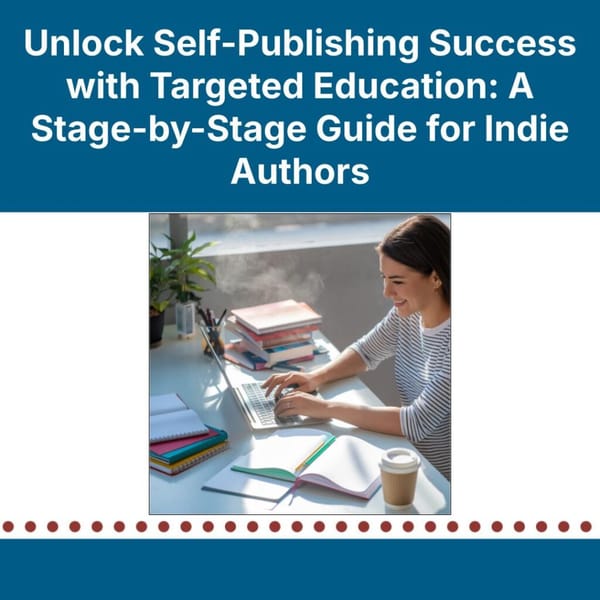Beginner Authors: Get the Basics in Place
Melissa Addey, ALLi Campaigns Manager
What book formats should an author be creating? Doesn’t it just come down to print, e-books, and audio? Well, no; there are a lot of exciting variations to explore under the broad heading of “formats.” The Alliance of Independent Authors (ALLi) does of course offer detailed advice on each of those three categories, but in addition to that, it also can provide information on a number of alternative editions authors can incorporate into their production process. It’s about choosing which formats to pay attention to as you begin and as you grow your author business.
Occasionally beginner authors will focus more on paperbacks because they want to feel like they have a “real” book in their hands, or they’ll put more effort toward e-books because they can be quicker and cheaper to format and arrange cover designs for. But ALLi recommends authors immediately offer both formats so as to maximize their sales: print—usually paperback, though hardbacks are also available—and e-books. Below are links that will guide you through both formats, but make sure to also arrange for minor formatting variations, which allow you to access wider platforms. Paperbacks for Amazon, for instance, will require a slightly different cover layout than other platforms, such as IngramSpark, to adhere to each distributor’s template. This will allow you to broaden your reach to wholesale catalogs, which means the ability to distribute to libraries and bookshops, as well as new retail platforms.
For e-book creation, ALLi takes you through each step of the process here: https://selfpublishingadvice.org/how-to-publish-an-ebook.
For print books, ALLi’s detailed formatting guide can be found at: https://selfpublishingadvice.org/the-ultimate-guide-to-formatting-your-print-book.
Emerging Authors: Develop Audio and Translated Works
If you’ve built the foundation of your author career, now is the time to consider whether you have the budget for two additional formats that can carry greater expense and/or time input: audiobooks and translations.
Audiobooks have been a growing market for some time, and many readers appreciate having this format available to them, either out of personal preference or accessibility needs. Whether you narrate your books yourself or choose a narrator to work with, this format requires additional time and money, but it can bring your book alive in a new way. Working with a narrator gives you the opportunity to request a short promotional message, which can work well when advertising the title, such as in book trailers or on your website. Read ALLi’s blog post, “The Ultimate Guide to Audiobooks for Authors,” at https://selfpublishingadvice.org for everything you need.
For children’s authors, the new Yoto audio cards for younger listeners are growing in popularity and can be a great format to tap into. Parents can buy blank cards and “make their own” by downloading and linking MP3 files, so once you have your audiobook, it’s worth mentioning this possibility on your website and when marketing to parents.
Translations are also a growing area of interest within the indie community. Germany has been an early success story, but consider which languages have the greatest global application, such as Spanish. Again, there is a choice of arranging the translation yourself, with a professional translator, or of licensing the translation rights if you have already proven the book does well in English markets.
For ALLi’s complete guide to translations, visit: https://selfpublishingadvice.org/the-ultimate-guide-to-book-translations-for-indie-authors.
Experienced Authors: Make Something Beautiful … and License It
Experienced authors may wish to explore additional ways of connecting with their growing readership base and developing new income streams—for example, via Patreon or Kickstarter. These platforms and approaches offer the opportunity to create hardbacks or other premium formats of books for loyal readers and backers, as well as items such as companion workbooks for nonfiction. ALLi has a guide to creating such premium offerings, from clothbound to leather, with options to add embellishments, such as foil. These premium details allow authors to offer something truly special, elevating their books beyond standard formats and appealing to younger generations, who show a preference for specialty printed books thanks to the influence of social media platforms like TikTok, where displaying physical books is an important part of the aesthetic.
Learn more about creating hardback or special edition formats at: https://selfpublishingadvice.org/the-ultimate-guide-to-hardback-and-premium-books.
Finally, remember that each format you create can be licensed into different languages, and you can exploit your intellectual property to expand into entirely new mediums, including films, TV, games, apps, merchandise, and more. Explore ALLi’s book How Authors Sell Publishing Rights to look into the opportunities available to you. Visit https://selfpublishingadvice.org/bookshop/rights-licensing.
Formats might initially seem like something only beginners need to consider, but in truth, taking the time to explore all format options available to you at any stage is always a good move for a successful author.
Melissa Addey, ALLi Campaigns Manager








